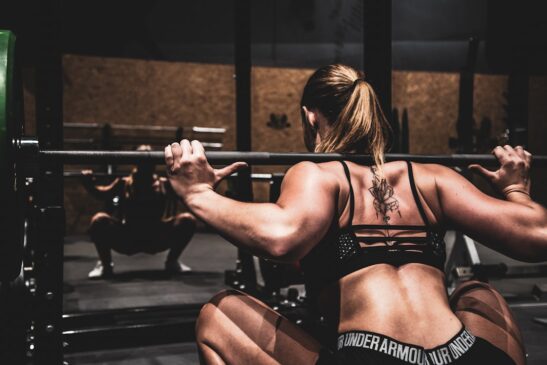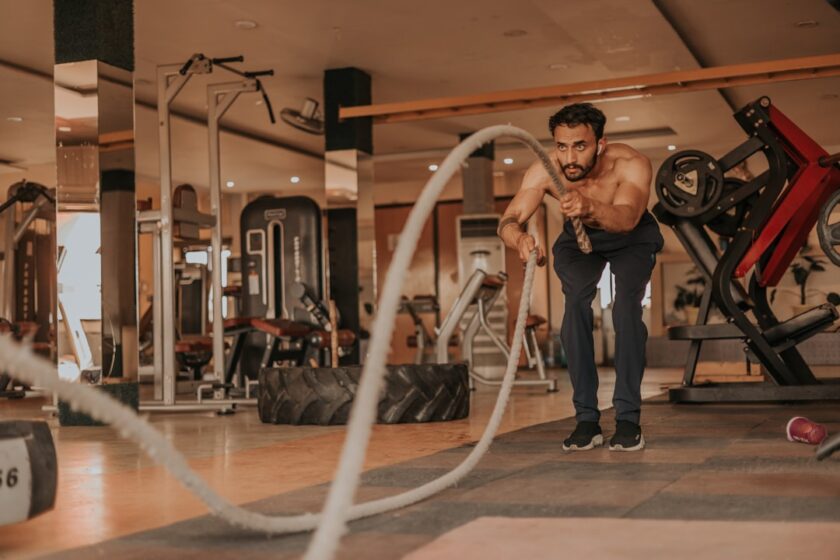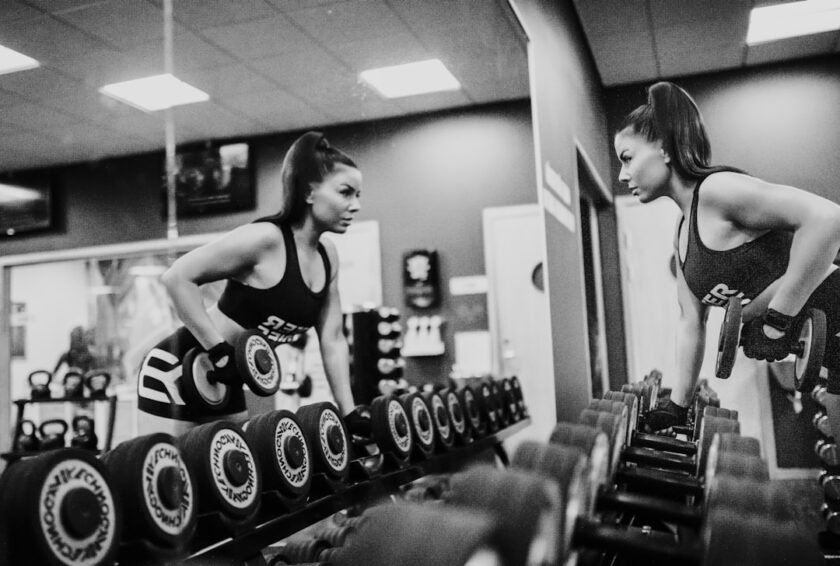Ultimate Workout Guide: FAQs for Fitness Enthusiasts
What is a workout?
A workout is a session of physical exercise that aims to improve fitness and health. Workouts can vary in intensity, duration, and type, tailored to cater to various goals such as building muscle, losing weight, or enhancing endurance.
Why are workouts important?
- Improves Physical Health: Regular workouts help reduce the risk of chronic diseases.
- Enhances Mental Well-being: Exercise releases endorphins, leading to improved mood and reduced stress.
- Boosts Energy Levels: Physical activity can increase overall energy and reduce fatigue.
- Promotes Weight Management: Workouts play a crucial role in maintaining a healthy weight.
What types of workouts are there?
- Aerobic Workouts: Activities like running, cycling, and swimming that increase heart rate.
- Strength Training: Exercises focused on building muscle through resistance, such as weight lifting.
- Flexibility Exercises: Activities such as yoga or stretching that improve range of motion.
- Balance Training: Exercises aimed at improving balance, often beneficial for older adults.
How often should you workout?
For general health, the CDC recommends:
- At least 150 minutes of moderate-intensity aerobic activity each week.
- Two or more days a week of strength training activities.
What are some beginner workouts?
If you’re new to working out, consider starting with:
- Walking: A low-impact way to begin.
- Bodyweight exercises: Like squats, push-ups, and lunges.
- Yoga: Great for flexibility and strength.
- Cycling: A low-impact cardio option.
What is the best time to workout?
The best time to work out depends on your personal schedule and preferences. Research suggests that:
- Morning workouts can boost your mood for the rest of the day.
- Afternoon or evening workouts can enhance performance due to higher body temperatures.
Find a time that suits you best and fits into your lifestyle for consistency.
How do I stay motivated to workout?
- Set realistic and achievable goals.
- Create a schedule and stick to it.
- Find a workout buddy to add accountability.
- Mix your workouts to prevent boredom.
- Celebrate your achievements, no matter how small.
What should I eat before and after a workout?
It’s important to fuel your body appropriately:
Before a workout:
- Opt for a meal rich in carbohydrates and moderate in protein.
- Consider timing: eat 1-2 hours before your session.
After a workout:
- Focus on protein to assist in muscle recovery.
- Replenish carbohydrates to restore energy levels.
How can I avoid injuries while working out?
- Warm-up properly before starting your workout.
- Use correct form in all exercises.
- Progress gradually; don’t escalate intensity too quickly.
- Listen to your body and rest if you feel pain.
What equipment do I need for a home workout?
For effective home workouts, consider the following equipment:
- Resistance bands: Versatile and great for strength training.
- Dumbbells: Adjustable weights can be used for various exercises.
- Exercise mat: Ideal for floor exercises and yoga.
- Stability ball: Useful for core workouts and balance training.
Can workouts help with stress relief?
Absolutely! Regular workouts can significantly reduce stress levels:
- Exercise releases natural endorphins, helping improve mood.
- Physical activity can act as a distraction, taking your mind off stressors.
- Engaging in group workouts can provide social support.
What is the role of rest in a workout routine?
Rest is crucial for recovery and muscle growth. Here’s why it’s important:
- Allows muscles to repair, resulting in stronger performance.
- Prevents burnout and reduces the risk of injury.
- Helps maintain motivation levels and mental clarity.
How do I know if I’m pushing myself enough during a workout?
To gauge your workout intensity, consider:
- The Talk Test: You should be able to talk but not sing during moderate workouts.
- Using a Heart Rate Monitor to stay within your target heart rate zone.
- Assessing your perceived exertion on a scale of 1 to 10.
What are the signs of overtraining?
Overtraining can lead to negative effects. Watch for:
- Persistent fatigue.
- Decreased performance or strength.
- Insomnia or disrupted sleep patterns.
- An increase in injuries or illness.
Conclusion
Workouts are an essential part of a healthy lifestyle, offering numerous benefits for both physical and mental health. By understanding the fundamentals and answering common questions, you can tailor a workout routine that fits your goals and needs. Remember to stay consistent, fuel your body right, and listen to what it tells you. Whether you’re a beginner or a seasoned athlete, every workout counts!



